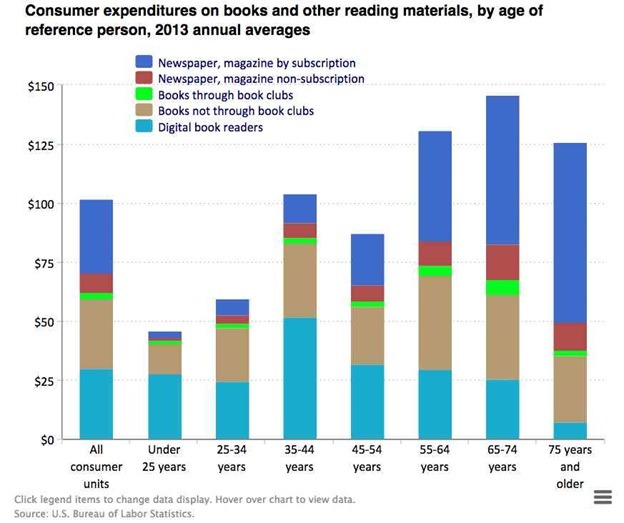Now that we’re deep into the MLB Playoffs, here’s a trivia question for you:
Q. Unlike Derek Jeter who spent his entire career with one team (the Yankees, of course), which Major League Player has spent time on the most number of different teams?
A. The correct answer is pitcher Octavio Dotel who has worn the uniforms of 13 different teams in a 15 year career.
Of course, radio people know that story all too well. As the cliché goes, U-Haul has been the main beneficiary of radio’s transient job nature. In fact, it’s a very rare person who has spent their entire career in the same town, much less at the same station or company.
In reading the recent news of Kevin Metheny’s passing, it occurred to me that here was a quintessential radio pro – someone who had moved around with great frequency over the years, from market to market, station to station, and company to company. It’s not an easy life.
We’re an industry that conditions its entry-level employees that instability is a strangely consistent part of working in the radio business. And between firings and down-sizing on the one hand, and jumping to bigger and better markets and jobs on the other, radio people have been known to move around.
So we shouldn’t be fearful of seeking out, recruiting, and nurturing Millennials – a generation that has become famous for changing jobs. Dan Schawbel, author of “The Cost of Millennial Retention” notes that Gen Y employees tend to stay at their jobs for only about two years.
Thus, some companies shy away from providing training for them, much less hiring them. But it some of the fastest-moving Millennials turn out to be the most productive – while they’re working for you.
An article on this topic in Chief Learning Officer by Andrea Park suggests companies that hire Millennials may find out that their work practices and overall points of view may differ from legacy employees. But the benefits of hiring Gen Y employees are numerous:
- They are often problem-solvers looking for ways to work smart as technology becomes the norm. As I continue to walk through radio stations, many still look quite a bit like how they looked in the ‘80s.
- They understand their peers and can offer “fresh eyes” and an understanding “of the needs of the younger marketplace,” notes author and researcher Tammy Erickson.
- They often work together to foster solutions and build better products. I was recently at a station where two Millennials worked closely together, sharing photos, to create better Instagram posts.
- They love games and contests so gamification strategies and competition can increase their engagement and productivity.
- They are the future, and brands that shy away from recruiting and hiring them risk their own ability to appeal to this large and influential generation.
As tech companies know so well, radio’s future is connected to America’s future – and that means understanding, connecting with, and attracting Millennials (and soon Gen Z) to the business.
The automakers totally understand what’s hanging in the balance. And to drive home that point, one of our most anticipated DASH sessions is devoted to what’s going on inside the minds of Millennials when it comes to media, “connected cars,” and the dealerships that sell them.
Nielsen’s Dr. Ed Cohen has revealing videos of University of Florida students as part of the “Class of 2015” project. His DASH presentation, “Millennials, Cars, & Radio,” will open up eyes, minds, and hearts to the thought processes of Gen Y and why they matter to everyone attending our conference today.
The days of 25-54 thinking – on the air and off – make no sense in a changing society where mores, standards, and the entire culture is undergoing redefinition. When it comes to changing jobs, moving up, and going after new adventures, Millennials and radio professionals may have more in common than we thought.
At the station level, it means recruiting young talent from local high schools, community colleges, and universities, as well as creating meaningful internship programs. But it also involves being open-minded to a youth culture that may not be as familiar or comfortable to veteran managers and owners.
What’s really at stake here? Businesses, institutions, and political parties that don’t embrace attracting and hiring youth are destined to age themselves out of existence – or at least accelerate the process. As this recent chart from the U.S. Bureau of Labor Statistics that appeared in the Business Insider clearly shows, media sectors in denial about Generation Y have a predictable future.
It starts with recognizing their value, and then bringing them into your building. And perhaps it’s not a bad idea for broadcasters to conduct a little census exercise to determine the makeup of their employee base.
After all, radio programmers like Scott Shannon, Oedipus, and John Gehron were programming radio stations when they were in what we now consider the Millennial age group. They did pretty well for themselves, helping their stations understand the pop culture and audience tastes back in the ’70s.
As writer Bruce Kasanoff reminds us, “The more you empower Millennials, the better your firm will be at adapting to the demands of the marketplace.”
Too often, this generation is misunderstood – from their media habits to their work ethic to their job movements. Instead of being mystified by Millennials or even demonizing them, the radio industry needs to embrace them, attract them, and listen to them.
Now would be a great time to start.
- What To Do If Your Radio Station Goes Through A Midlife Crisis - April 25, 2025
- A 2020 Lesson?It Could All Be Gone In A Flash - April 24, 2025
- How AI Can Give Radio Personalities More…PERSONALITY - April 23, 2025






Thank you for this article. When encouraging my employers to take overachieving interns to full time status, I was always greeted with the familiar mantra of “we don’t have the resources”. I watched in great frustration as these kids went on to success in other fields or bigger markets. I really feel the biggest problem right now is this fear of investing in the future. The will doesn’t seem to be there.
Thanks for the prospective, Jojo. That shortsighted POV is what needs to be addressed. Achieving that quarterly goal is always important. It the most successful companies are playing a long game.